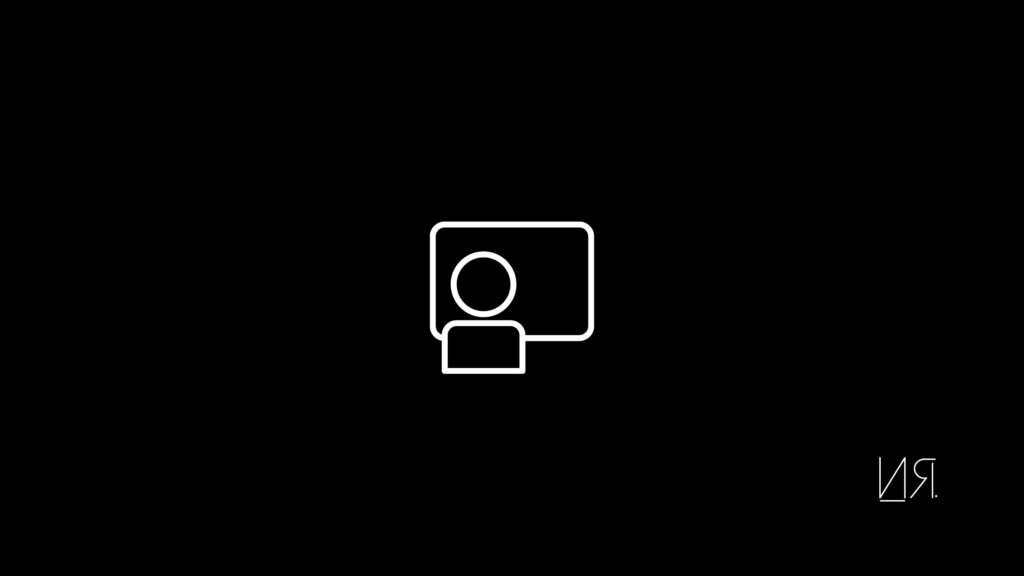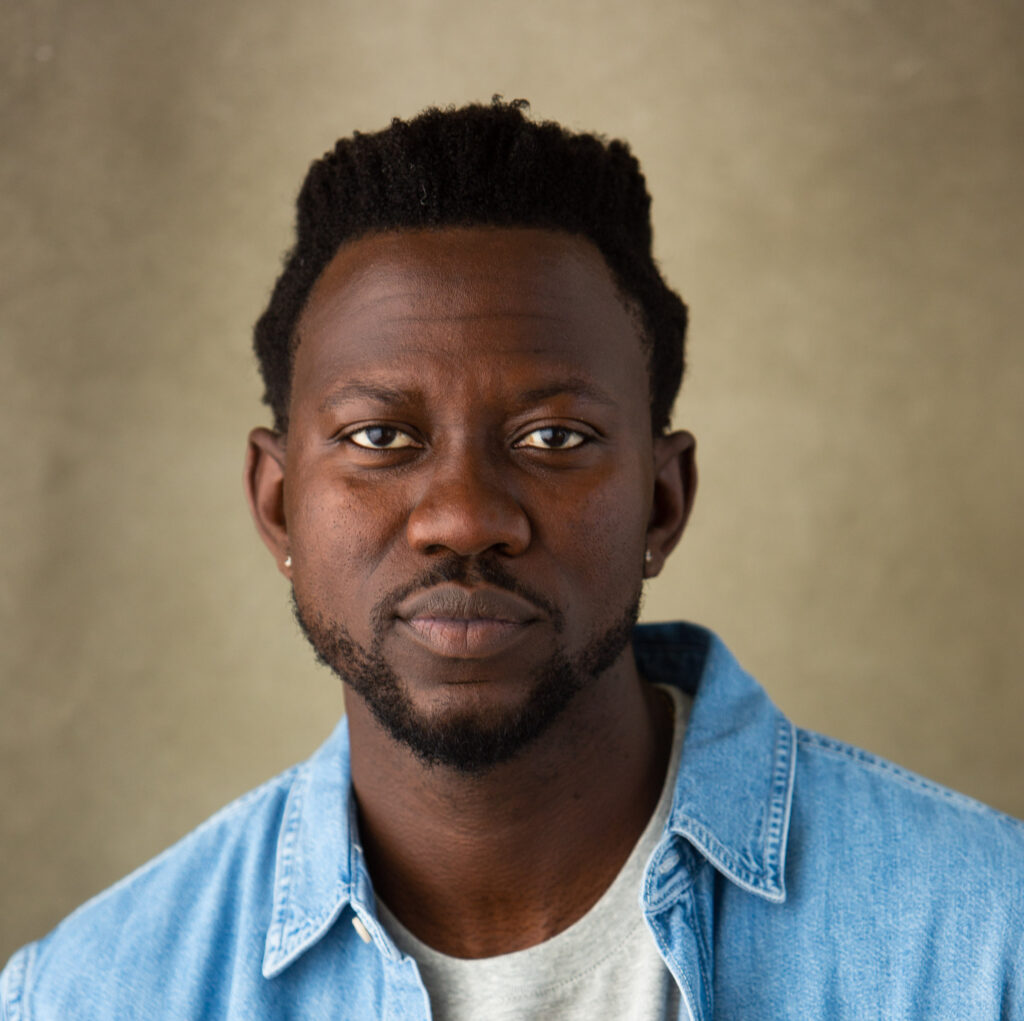Entrepreneurship is hard.
It’s not as fancy as people cook it up to be. You know what else is hard?
Working at a job you don’t like. That’s tough.
Not having a job. That’s even harder.
Not advancing your career as you’d like. Hard like 50 Cent’s first album.
Selling art online. That’s hard too.
Starting a new business. Concrete.
Staying healthy. Hard-like dumbbells.
Not staying healthy. Hard like rigid arteries.
Becoming a doctor and taking care of people’s lives all day. Diamond.
Getting another ping that your bank account is too low. Good lawd!
I can go on and on like an Erykah Badu song.
I think you get my message.
Life is filled with struggle.
But one thing is sure, every day you live you overcome some struggle.
New struggles appear. To keep moving forward, you overcome.
We are so focused on the struggle in front of us, that we tend to forget the multitudes of struggles we’ve overcome.
Can this be wealth in disguise?
Just like scar tissue, is it possible that overcoming challenges can prop up intellectual property to build the life of impact you want?
The Intellect Below
The unhappiness pandemic is brewing.
Many people are discontent with where they’re at.
People are more fragmented, inequality is on the rise, and a lot of people don’t like the work they’re doing.
There is a disease spreading of “putting others down.”
People disguise it as being open, not politically correct, or being “real.”
Deep down most people are hurting and want to knock others down to feel better about themselves.
Zoom off to work, they put a refrigerated rigid roof over your head.
They give you tiny targets for improvement.
3% raises for meeting expectations. Although you went above and beyond, they moved the goalpost once again just so you could barely meet their standards.
If you don’t have a shiny corporate job, most of society will shun you.
Make you feel like what you’re doing is not valuable.
Society tends to shun the process on the way to the outcome that it praises.
So must people prioritize competence. Keep working hard and staying valuable while the decision-makers continue to lay those people off.
It’s a rat race to the bottom as competence becomes commoditized.
Or you can rise to the top as the expert of your unique experience by sharing your knowledge and vouching for yourself while helping people along the way.
Sccrrrrrrrr……. I hear brawny brains boldly hitting the brakes.
“Oh no, wouldn’t that be just adding to the noise?”
“I don’t want to be like the uppity self-promoter providing unsolicited advice?” But how do you know it is unsolicited if you’ve never tried?
“I don’t have anything to say” Have you questioned where you learned that from?
“Do we really need more experts?” Your experience is unique and so is your perspective.
“I’ll just sound like a sleazy salesperson.” Not if you are trying to provide value. Plus, get over yourself. Learn how to sell.
Your intellectual property is more valuable than you think.
It’s just not a tangible asset that a lot of us are used to. We are used to giving it away to bigger corporations, not just to your corporation.
The reality is that you have a wealth of knowledge that no one has.
Your experience – It’s so unique to you. You can use it to help someone else.
Maybe not a huge number of people to start with.
But just a few people that are a few steps behind you.
That’s why books have been valuable since the printing press was created.
We read them to get ordered information on how to navigate the world. We get to live multiple lives through the eyes of the authors we read.
But now, it’s not only established authors and publishers who have access to media production.
You can produce your own media.
If you care about impacting the lives of the people you care about, teaching is in your future.
3 Reasons Why You Should Teach
You will continue to live your life like an automaton if you don’t pay attention.
I know everyone’s situation is different. All I ask is that you pay attention. Start taking notes: “What do people usually come to me for?”
Financial advice? How to navigate a certain field?
The more you stay attuned to this, the more you start to find your leverage points. Mix this in with your unique interests and personal experience, and you start to find your zone of genius.
The thing that only you can offer. It is a process.
With time you’ll cultivate a habit of valuing your intellectual property that helps people.
You’ll gain more confidence in what you know and challenge yourself with the acknowledgment of what you don’t know.
You’ll live on your own terms, helping people, and building a tribe of like-minded people.
Here are 3 things to think about to get started.
1. Your experience is unique
When you learn to teach, you are ultimately teaching yourself how to learn.
How many times have you gone down a certain path to work?
You do it every day.
You don’t even think about it.
You know exactly how to maneuver.
Then one day, someone asks you to describe that path to them, and in a haze, you scramble “Ermmm…..I should know this. I do this every time.”
Teaching is a way to really understand what you have learned and it is a sure way to drive impact.
One time-tested way to teach your audience something is using stories.
Stories bind the past to the present.
If you want to learn something well, try teaching it.
Imagine you had to teach everything you learned, you will be a lot more active in your learning.
You will pay more attention to understanding concepts. When you learn to teach, you are ultimately teaching yourself how to learn.
Then you pass that knowledge on to someone else, who then goes to do the same – multiplying your impact.
When you want someone to learn something, teach them how to “learn to teach.” Do this by distilling the message into the most simple form that is easily repeatable.
Sharing your knowledge multiplies your impact.
“There is no better way to teach than through the power of stories. Indeed, the right story can live on for millennials. Just think of Aesop’s fables.”
~ Greg McKeown, Effortless
2. Boost your creativity
Tell stories to boost your creativity.
You don’t tell stories because you are creative.
You are creative because you tell stories.
In a linear way of thinking, storytelling is the cause, creativity is the effect.
Whenever I’m with my niece and nephew, I’m always amazed at how quickly they can come up with a new story or game.
Creating worlds in an instant.
How do they do this without relying on the memory that adults like myself have built?
Even AI can’t compete with these kids.
It’s because they are using a different part of their brain that doesn’t rely on computation.
They are world-building with stories.
Creativity is the generation of novel ideas that are useful. It has been thought that creativity comes from divergent thinking.
Where creativity relies on memory, pattern recognition, and analogies.
However, children tend to be more creative than adults even though they do not have the same amount of memory and a less-developed brain.
HOW SWAY?
This paradox shows the role of narrative in boosting creativity.
Divergent thinking has been the most operationalized form of fostering creativity.
It’s used by the military, organizations, and schools
The reliance on this form of creativity-boosting activity has emphasized the use of computation over everything else.
When we study how neurons came to be and how they’ve evolved, we learn that they are individual action-generating nodes to get food and evade danger. These neurons also sent out random action-generating pulses
These experimental actions do not correlate with the pure function of getting food and evading danger.
Using this experimental action-generated model, it can be explained that AI that relies on computation is limited to steady conditions.
The brain has a higher ability to deal with unsteady and volatile environments.
That’s where narrative in the earlier stages of creativity can be useful.
It can be used for action generation, cause and effect – as narrative is a string of cascading actions.
There are three ways it can be operationalized:
- World-building: creating new worlds not thought about yet.
- Perspective-shifting: thinking about the perspective of others to investigate possible action.
- Action generation: A narrative is a series of actions that are unveiled as the story proceeds.
There is an increasing demand for creativity in business, military, and science.
Narrative theory can be used to bolster the established methods of creative boosting techniques.
Develop your storytelling skills to continue to boost your creativity and problem-solving skills.
“The imagination is a muscle. If it is not exercised, it atrophies.”
~ Neil Gaiman
3. Educate your past self
You’d be surprised how many people in the world currently struggle with what you’ve overcome.
They would get a lot of value from your teachings.
I hear this a lot: “I want to post online, but I don’t really have much to talk about?” “I feel like I want to write a book, but who am I to write a book?
This is where most of us struggle.
We all went through some version of the current school system.
A lot of us think that the only people that we can learn from have to be a lot older than us. An authoritative figure.
We internalize this and disregard our own experiences.
A simple flip is – teach your younger self.
Create content like you were talking to yourself a few years back.
One of my favorite people to listen to is an entrepreneur – Gary Vaynerchuk.
He started a YouTube channel called “Wine Library” in YouTube’s early days.
He made videos of him drinking wine and talking about it.
He worked at his dad’s wine shop then and over time opened up the door for e-commerce for the family business. This significantly grew the business.
He left and started his digital marketing agency and has now built a conglomerate of successful enterprises from Web3 to sports agencies.
One thing he does consistently with his content is teach.
Content-creation can build a brand but becoming a teacher in whatever field you choose will become an invaluable skill – brand or not.
Teaching is a sure way to learn and drive impact.
A recent survey shows that teaching is at the bottom of professions to be disrupted by AI.
There will always be something to learn. Even if it is learning how to use AI to learn.
If there are curious people, there will be teachers.
You don’t have to go get a master’s in education to teach something.
Just start placing value on your knowledge and experience. Think about challenges you had in the past and how you overcame them.
Document it and teach people who are just a few steps behind you (a past you from 3 years ago).
The way we learn is going to transform.
Regardless of whatever field you are in, start thinking about becoming an educator in your own way.
Final Thoughts
You have a wealth of knowledge in your cranium.
Learn how to leverage it to drive the impact you want to make in the world.
Just like everything, the ramp-up to this could be its own struggle itself.
Start by placing value on your unique experience. Become a teacher because it’s the best way to actually learn. Share your stories to boost your creativity and problem-solving skills.
If you are struggling to find what you know that’s valuable, educate your past self. That knowledge will impact a lot more people than you expect.
The pros become the masters of themselves when they teach.
Become a gardener of hope. Teach your experience. Tell your story.



